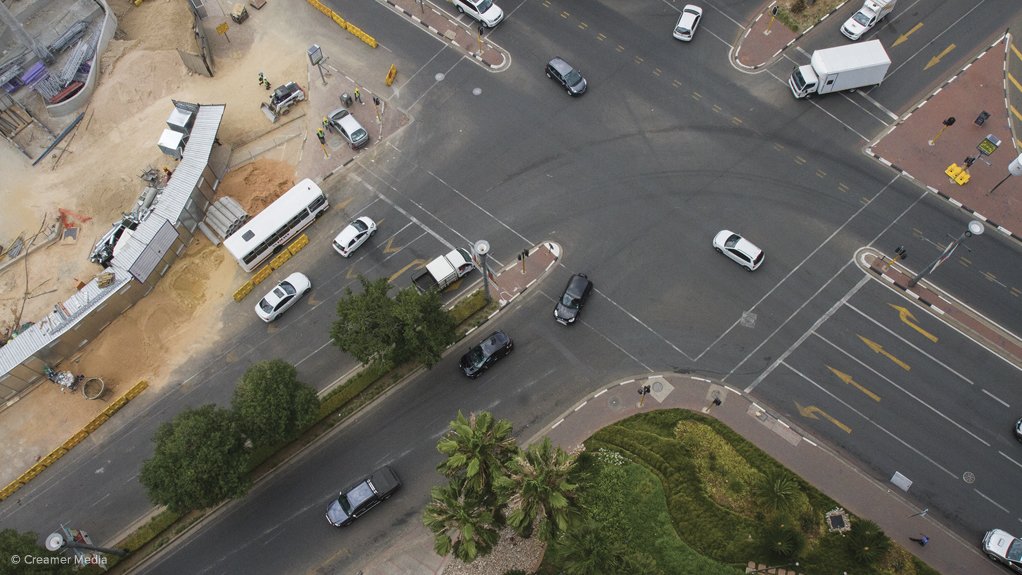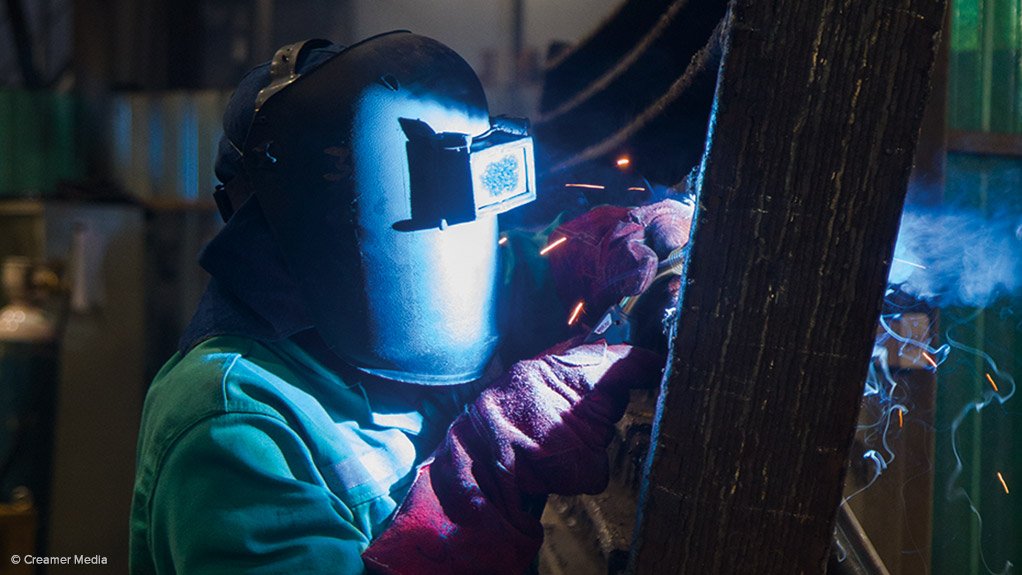Owing to major projects, such as the Medupi and Kusile power stations, nearing completion, the South African Institute of Welding (SAIW) says fewer welders have enrolled for its training courses in the past year.
“This is a reflection of our declining economy, which has particularly affected the manufacturing and fabrication industries, where welding, nondestructive testing and allied disciplines play such a major role. Also, the lack of infrastructure spend over some years in South Africa further affects the demand for welders,” says SAIW executive director Sean Blake.
He adds that while, from a welding perspective, there is also concern about other important industries – such as the oil and gas and power generation industries – there are still many other industries, like food and beverage, aeronautical, construction and others, that are relatively buoyant and provide good opportunities for welders.
“For example, the food and beverage industry has become one of the sectors that has an ever-increasing demand for welders, while the construction industry, although quite depressed, still provides a plethora of welding jobs,” Blake says.
Last year, about 3 000 students enrolled at the SAIW for training courses, with new programmes and curriculums becoming available. Blake explains that one of the important changes the institute has made is to bring its flagship Welding Inspection courses in line with the International Institute of Welding (IIW) International Welding Inspection Personnel (IWIP) course.
“Our Welding Inspector Levels 1 and 2 have become the industry standard and a highly sought after qualification covering many aspects of both welding technology and welding inspection. In 2010, we made changes to the Welding Inspector Level 1 and 2 courses in order to bring them into line with the IIW IWIP course, which enhances the international acceptability of our programme,” says Blake.
While Level 1 currently is running in the converted form, SAIW will continue offering the original SAIW Welding Inspector Level 2 course until the end of 2018 in order to allow candidates who started this programme to complete it. “Candidates are therefore encouraged to complete their qualification as soon as possible on the old programme as bridging from the old programme to the new IIW IWIP programme will prove challenging,” says Blake.
Another new initiative from the SAIW is a robotics welding programme to be introduced this year. This will be an introduction to welding technology for robot operators, as, in most cases, companies teach the robot operators how to operate the robot but they are not taught to recognise when the robot is not producing good quality welds.
“The programme will train the operator to view the robot from the welding perspective as opposed to just an operator’s perspective”, Blake says.
The training also provides the operators with a focused understanding of what robotic welding is supposed to achieve in terms of welding quality and, “through this, we will fill a gap that exists in our industry”, he says.
Blake concludes that the SAIW is the leading welding institute in Africa and plays an important role in training students from many African countries including Ghana, Nigeria, Botswana, Kenya, Cameroon and others.
Edited by: Zandile Mavuso
Creamer Media Senior Deputy Editor: Features
EMAIL THIS ARTICLE SAVE THIS ARTICLE
ARTICLE ENQUIRY
To subscribe email subscriptions@creamermedia.co.za or click here
To advertise email advertising@creamermedia.co.za or click here
















